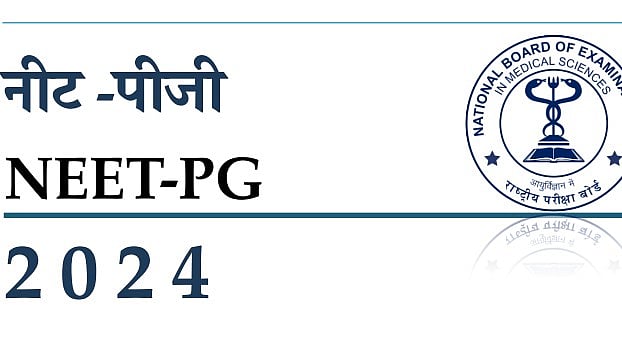Mumbai: The Supreme Court on Friday dismissed a plea related to the National Eligibility cum Entrance Test for Postgraduate (NEET PG) 2024 All India Quota (AIQ) Round 3 counselling, stating that allowing three students to be accommodated at this stage could set a precedent, leading to similar requests from other candidates in the future. The decision upholds the existing counselling process despite growing concerns over seat blocking and procedural irregularities.
A bench comprising Justices BR Gavai and K Vinod Chandran heard the case. Justice Gavai, declining to issue directions allowing the petitioners to participate in the stray round of counselling, remarked that the matter was highly complex. He noted that granting relief to these three petitioners could lead to similar requests from many others, adding that while the issue was specific to Madhya Pradesh, it had not affected other states.
Following the dismissal of the plea by the apex court, the Medical Counselling Committee (MCC) released the list of candidates admitted through the NEET PG counselling 2024 up to round 3.
Earlier on Tuesday, the Supreme Court had issued a notice to the National Medical Commission (NMC) on the plea, and the commission in return had revised the NEET PG seat matrix. However, students have raised concerns that seat blocking and irregularities in allotments persist due to delays in certain states, particularly in Madhya Pradesh.
“It’s truly unfortunate that the court dismissed the NEET PG 2024 plea without fully addressing candidates’ grievances. The rigid stance taken, despite clear procedural lapses by apex bodies, leaves deserving aspirants in distress. Candidates may lose faith in the system, potentially abandoning their postgraduate pursuits due to the chaotic counselling process. The lack of accountability for these errors underscores the need for systemic reforms to protect students’ futures and ensure justice. Such decisions demotivate young professionals striving for excellence in medical education,” said Brijesh Sutaria, a Mumbai-based medical education activist.
Expressing similar concerns, Sudha Shenoy, a parent-representative, stated, “This was as expected, but at least the respective state should weed out such candidates who have got seats allotted in AIQ Round 3 to avoid allotment in State Round 3 if the rules are clarified in the brochure.”
Aspirants have voiced their frustration over what they describe as a flawed process that has left them uncertain about their future. “The entire counselling process has been a mess. Many of us who deserved better seats lost out due to last-minute changes, and now, with the court’s decision, we are left with no recourse,” said an aspirant from Mumbai.
Another candidate, from Delhi added, “We worked hard for years, but these delays and errors have turned everything into a game of chance. The authorities must be held accountable for such mismanagement.”
